Home>diy>Building & Construction>When Building A Home, When Do You Pay


Building & Construction
When Building A Home, When Do You Pay
Modified: December 7, 2023
Learn when and how to pay for your home construction project. Discover the payment schedule and process for building a home.
(Many of the links in this article redirect to a specific reviewed product. Your purchase of these products through affiliate links helps to generate commission for Storables.com, at no extra cost. Learn more)
Introduction
Building a home is an exciting and rewarding process that allows you to create your dream living space from the ground up. However, it’s important to understand the financial aspects involved in constructing a home and when you’ll be required to make payments.
In this article, we’ll explore the payment milestones throughout the home building process. From the initial deposit to the final payments, we’ll provide an overview of when you can expect to make payments along the way. Let’s dive in!
Key Takeaways:
- Plan your budget carefully and understand the payment milestones when building a home, from the initial deposit to final payments, to ensure a smooth and hassle-free construction process.
- Work closely with your builder, real estate agent, and financial advisor to effectively manage your finances and navigate the payment requirements at each stage of the home building process.
Read more: When Do You Pay For A Home Inspection?
Initial Payment – Property Deposit – Pre-Construction Fees
When you decide to build a home, the first financial commitment is typically the property deposit. This deposit is paid to secure the land on which your home will be built. The amount may vary depending on the location and size of the lot, as well as the terms agreed upon with the seller or developer.
Additionally, there may be pre-construction fees associated with the initial payment. These fees cover expenses such as permits, planning, and design work. They are necessary to ensure that all necessary paperwork is in order and that your home construction project complies with local building codes and regulations.
It’s important to budget for these initial payments and work with your builder or real estate agent to determine the exact amounts. Being prepared for these expenses at the beginning of the building process will help you avoid any financial surprises.
Construction Phase Payments – Foundation – Framing – Roofing – Plumbing and Electrical – Interior Finishes
Once the initial payment and pre-construction fees are settled, the construction of your dream home can begin. During the construction phase, payments are typically made at various stages of the building process.
The first significant payment milestone is the foundation, where the groundwork for your home is laid. This includes excavation, pouring the concrete footings and foundation walls, and any necessary waterproofing or drainage systems. The payment for the foundation is usually a significant portion of the total construction cost, as it forms the solid base on which your home will stand.
Once the foundation is complete, the next payment is typically made during the framing stage. This involves erecting the skeletal structure of the home, including walls, floors, and roof support systems. Framing costs can vary based on factors such as the size and complexity of the home.
The roofing stage comes next, where the roof is installed to protect your home from the elements. Roofing materials, such as shingles or tiles, as well as any necessary insulation, are factored into the payment at this stage.
As the construction progresses, payments will be required for plumbing and electrical work. This includes the installation of pipes, fixtures, and electrical wiring throughout the home, ensuring that it is equipped with functional and safe systems.
Finally, payments for the interior finishes will be made. This includes flooring, cabinetry, countertops, painting, and any other aesthetic touches that personalize your home. It’s important to establish clear communication with your builder regarding the payment schedule and any customization options you may have.
Understanding the payment milestones throughout the construction phase will help you plan your finances accordingly and ensure that the progress of your home building project aligns with your budget.
You typically pay for a new home in installments, with a deposit due at signing, followed by payments at various stages of construction, and the final payment upon completion and inspection. Be sure to review the payment schedule with your builder before signing the contract.
Final Payments – Certificate of Occupancy – Homeowner Association Dues – Warranty Fees – Closing Costs
As the construction of your dream home nears completion, the final payments come into play. These payments are crucial for the finalization of the project and the transition to homeownership.
One of the key final payments is the issuance of the Certificate of Occupancy (CO). This document is obtained once the local building authorities deem your home to be in compliance with all applicable codes and regulations. The CO signifies that the property is safe to inhabit and can be legally occupied. It’s important to settle any outstanding payments before obtaining the CO.
Depending on the location and type of property, you may also have ongoing obligations such as homeowner association dues. These dues contribute to the maintenance and management of shared amenities and common areas within the community. It’s essential to factor in these recurring payments when planning your budget.
Another payment consideration is warranty fees. Many builders offer warranties on their newly constructed homes to provide peace of mind for the homeowner. These warranties typically cover structural elements and major systems for a specific period. Before closing on your home, you may need to pay associated warranty fees to ensure the warranty coverage is in place.
Lastly, closing costs are a necessary expense when finalizing the purchase of your newly constructed home. Closing costs include various fees and expenses, such as attorney fees, title insurance, appraisal costs, and loan origination fees. It’s important to review and understand these costs upfront to avoid any surprises at the closing table.
Understanding the final payments required before moving into your new home will help you effectively manage your finances and ensure a smooth transition to homeownership. It’s advisable to work closely with your builder, real estate agent, and financial advisor to navigate these final payment requirements.
Conclusion
Building a home involves careful financial planning and understanding the payment milestones along the way. From the initial deposit to the final payments, each stage of the construction process requires careful budgeting and coordination of funds.
During the initial payment phase, you’ll need to secure the property with a deposit and cover pre-construction fees. These expenses set the foundation for your home building journey.
The construction phase payments are made at various stages, starting with the foundation, followed by framing, roofing, plumbing and electrical work, and the interior finishes. Each of these stages requires a payment to progress to the next phase of construction.
When the construction is nearing completion, the final payments come into play. These payments include obtaining the Certificate of Occupancy, settling homeowner association dues, paying warranty fees, and closing costs. These final payments are crucial for the successful completion of the project and the transition to homeownership.
By understanding the payment milestones and working closely with your builder, real estate agent, and financial advisor, you can effectively manage your finances and ensure a smooth and hassle-free home building process.
Remember, building a home is a significant investment, and being prepared financially will not only save you stress but also ensure that you create the home of your dreams.
So, start planning and budgeting today, and soon you’ll be enjoying the fruits of your investment in a beautiful and customized home that perfectly suits your needs and desires.
Frequently Asked Questions about When Building A Home, When Do You Pay
Was this page helpful?
At Storables.com, we guarantee accurate and reliable information. Our content, validated by Expert Board Contributors, is crafted following stringent Editorial Policies. We're committed to providing you with well-researched, expert-backed insights for all your informational needs.
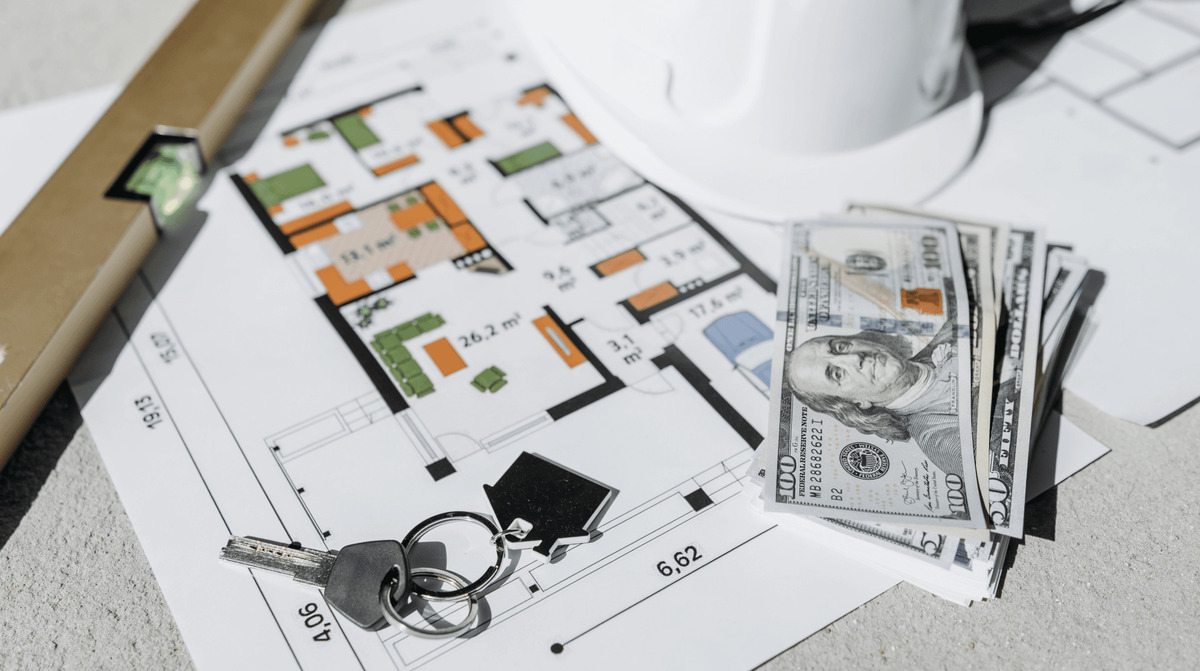

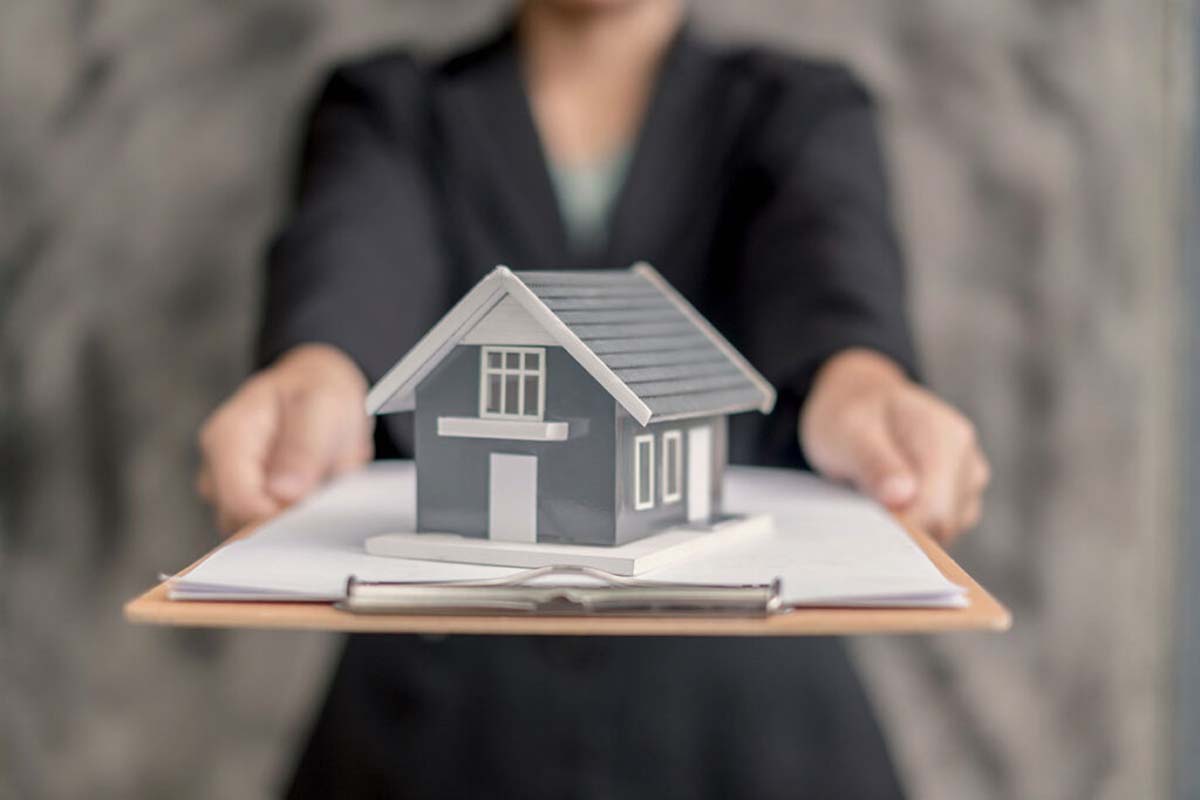

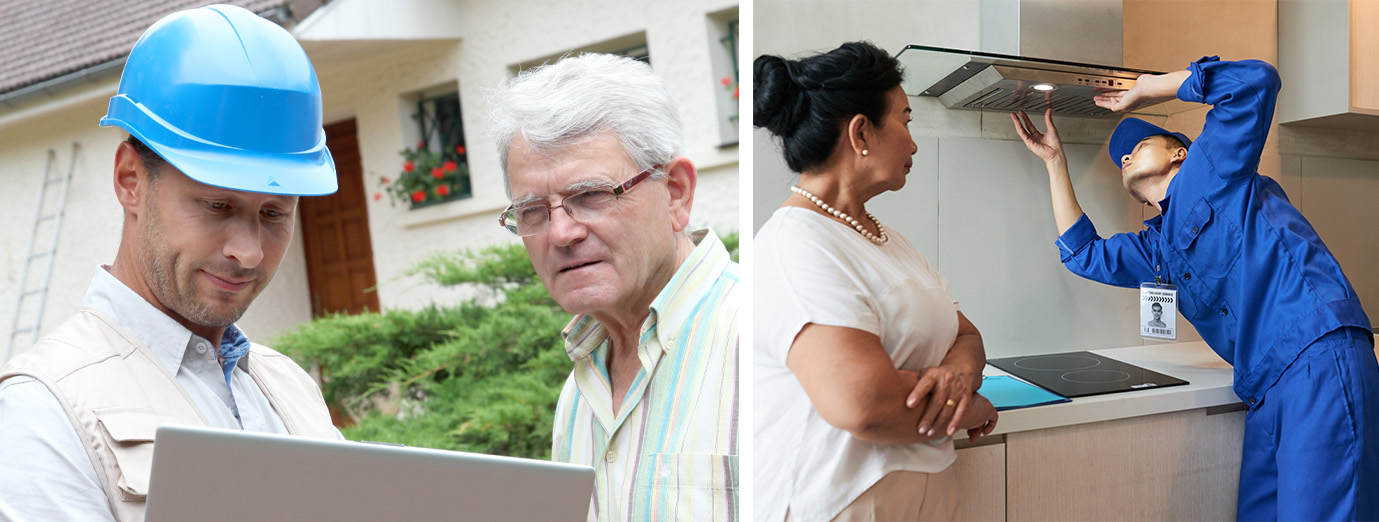






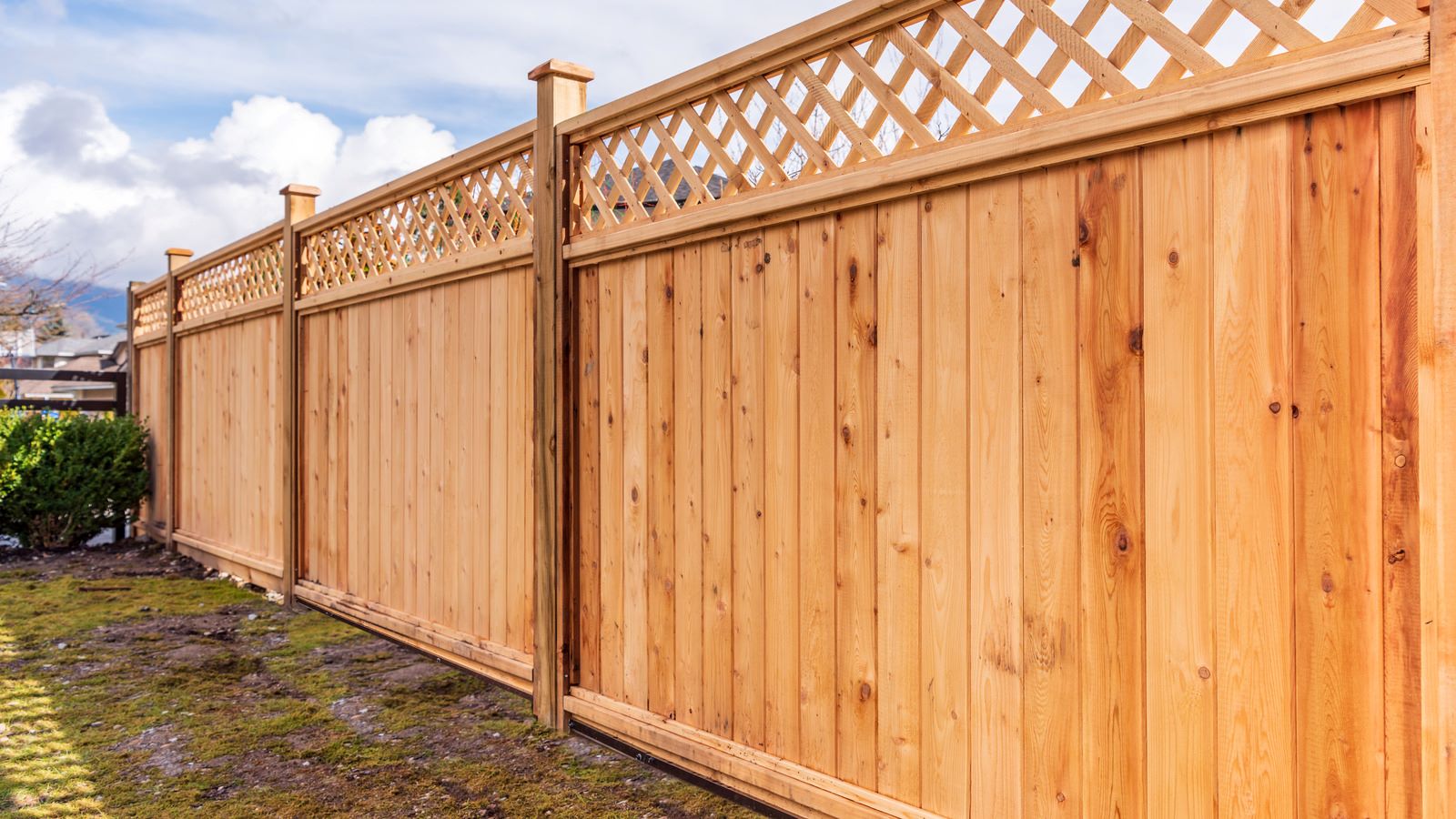
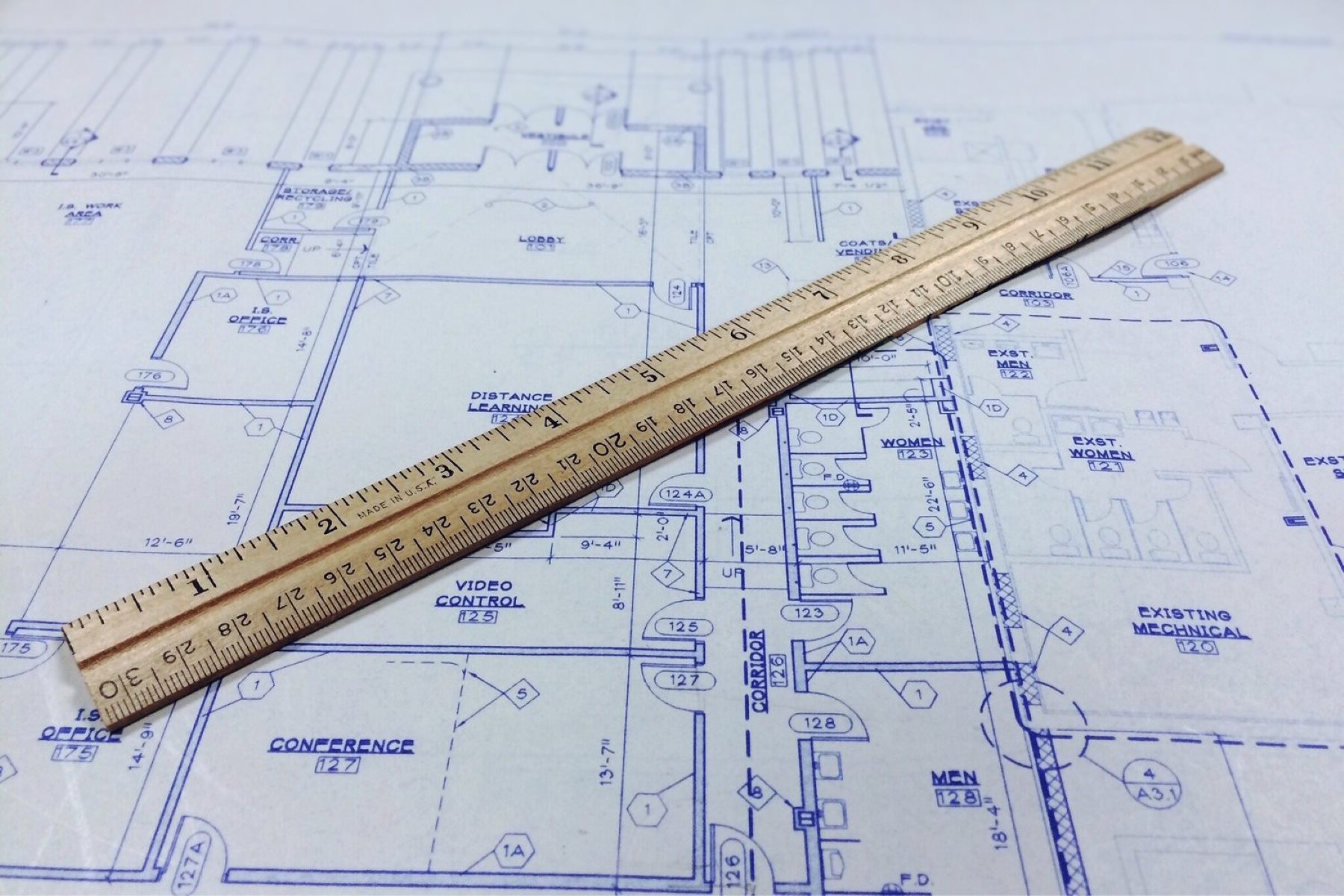

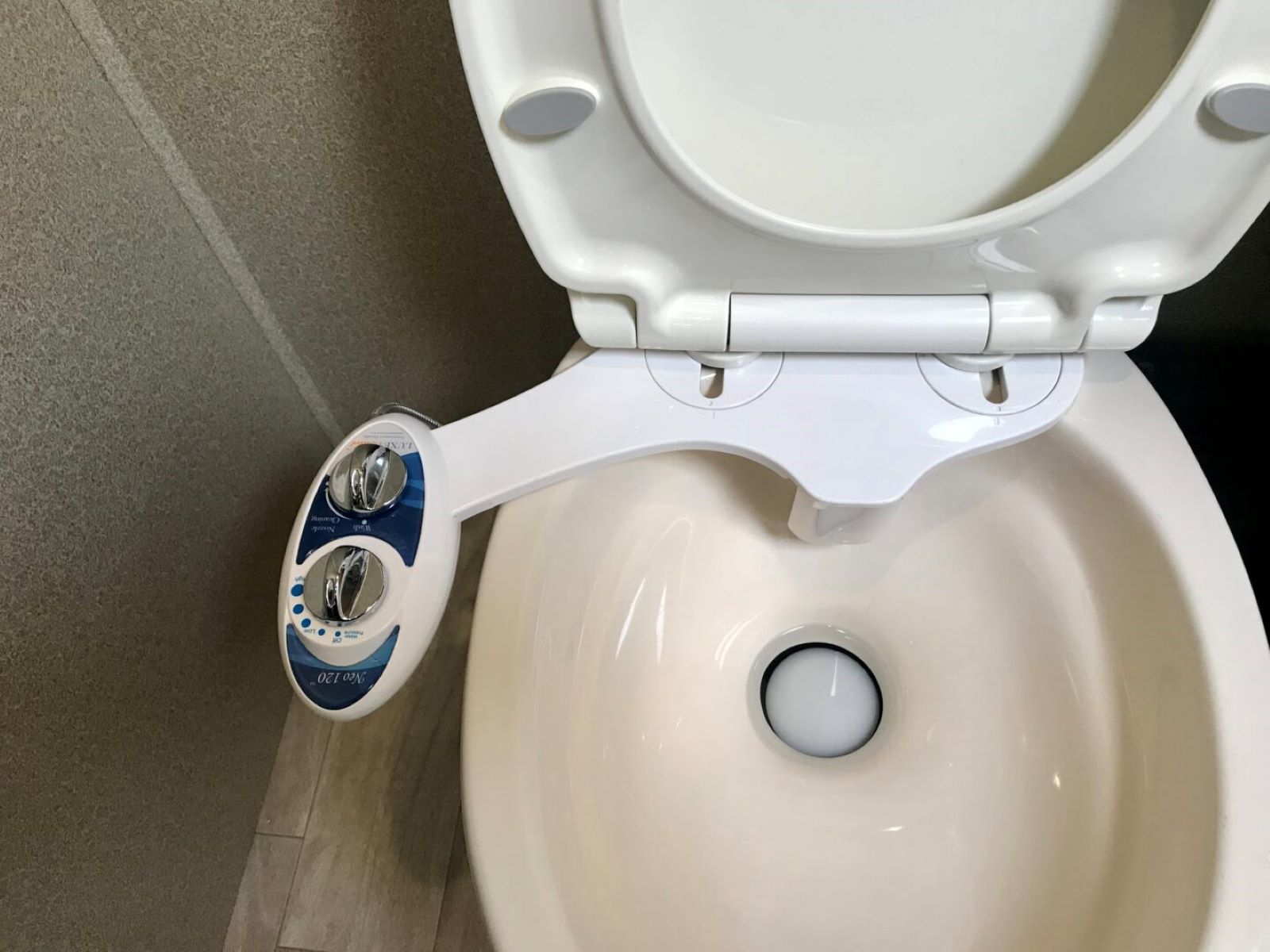

0 thoughts on “When Building A Home, When Do You Pay”